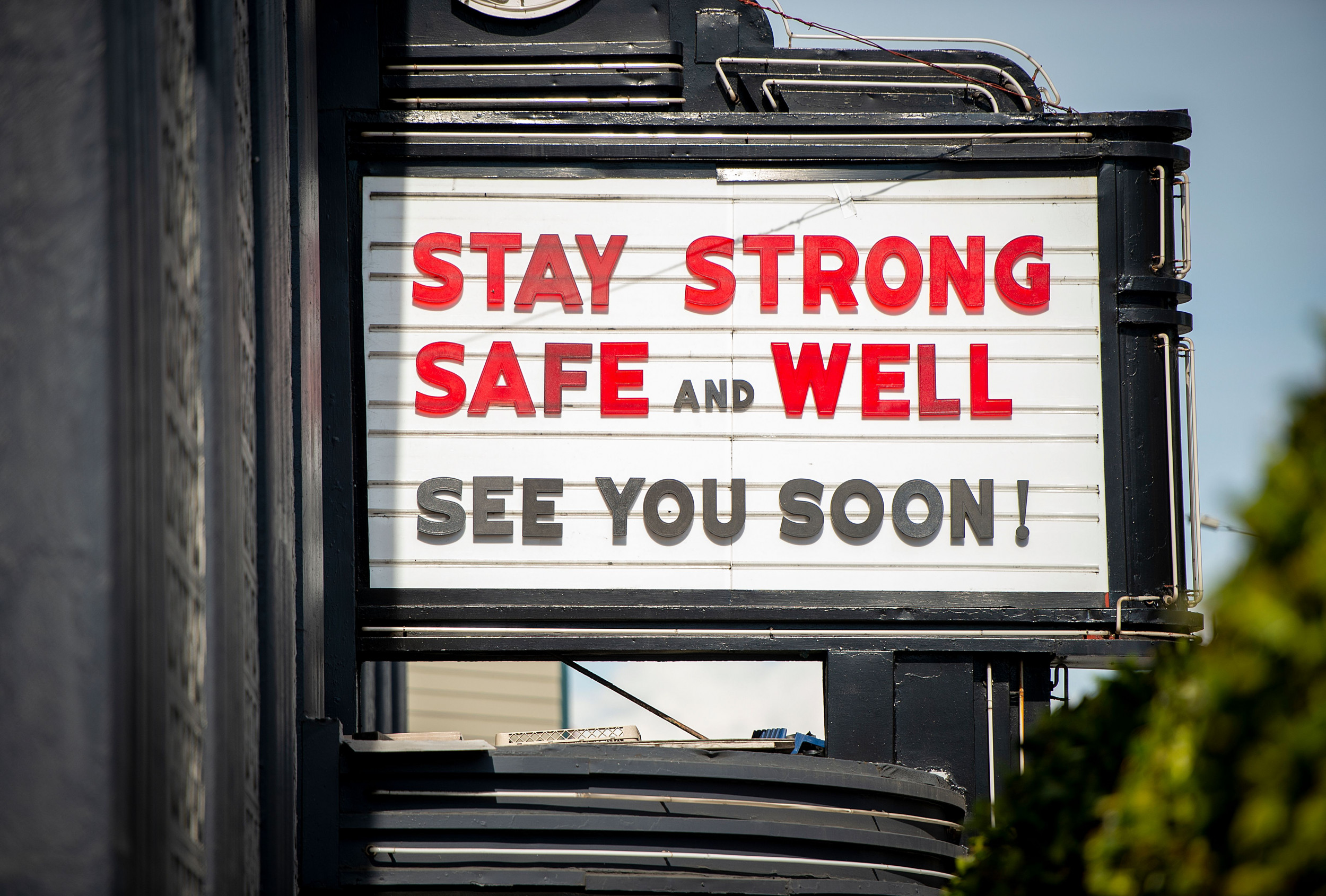A phrase that seems to be on the top of everyone’s mind and in every news headline right now is “lockdown.” Because of the coronavirus pandemic, countries around the world are under lockdown. In some countries, these measures are stricter than in others.
For example, in Italy, which has been especially hard-hit by the coronavirus outbreak, there have been tens of thousands of people charged with violating lockdowns. Millions of Italians have been told to stay home since March 9 when a national quarantine was issued.
Depending on the situation, some people in Italy face criminal charges, especially if they were infected while they were violating quarantine orders.
In the U.S., we don’t have a national lockdown, but states have taken their own measures, including California. California Governor Gavin Newsom was one of the first governors to issue a widespread lockdown.
The order allows people to leave their homes for essential reasons and exercise, but for the most part, the state’s residents are told to stay home and avoid gatherings of 10 people or more.
So what happens in California if you break the rules?
What are the Rules?
Under Governor Newsom’s rules, all California residents have to stay home, and the restrictions are in place until further notice.
The places that remain open are considered essential and include:
- Take-out and delivery restaurants
- Banks
- Laundromats and laundry services
- Grocery stores
- Farmers markets
- Convenience stores
- Food banks
- Essential local and state government services and offices
- Gas stations
What’s closed?
- Restaurants for dine-in service
- Bars and nightclubs
- Entertainment venues
- Fitness centers and gyms
- Public gatherings and convention centers
In California, as is the case in many other states, there are also certain activities that are considered essential and can remain operational to help maintain the infrastructure at the state and federal level.
If you want to leave your home, California says you can do so to care for someone, get health care or medical supplies, and get food.
Governor Newsom also has said taking your kids outside and walking your dog, as well as other forms of outdoor exercise, are allowed, if you’re following social distancing measures.
California and other states are calling these orders shelter in place orders rather than lockdowns.
What If You Don’t Follow the Orders?
Many have wondered how exactly these shelter in place orders can be enforced.
There aren’t criminal sanctions in most places around the country for violating these orders.
In Europe, there are usually monetary fines for breaking the orders, but this isn’t the case in much of the U.S.
However, these orders, such as the one in San Francisco, often request that police ensure compliance with the understanding that violating the order creates an immediate threat and menace to public health.
So what if police took this to mean they could arrest people in violation of the orders?
They could perhaps arrest violators, but it would be tough to get a criminal conviction because the language is incredibly vague.
There aren’t existing statutes or ordinances in most places that would dictate criminal laws relating to sheltering in place.
A police office could theoretically stop you, ask you where you’re going or why you’re out and ask you to go home, but that’s not an arrest.
It would also be a challenge to do much more stringent policing in these situations because there really are many essential businesses still open, plus, how can you really know if someone who’s out and about is going where they say they are?
Public transportation is still operating as normal too, in most places, albeit with reduced routes.
New York has said they are raising the fines for violators of their order from $500 to $1000, but again, it’s unclear how much enforcement power they have here and also how willing law enforcement is to hand out citations for these violations.
If somehow you did find yourself facing criminal charges in California, it could mean a fine and a misdemeanor.
The best course of action right now, rather than worrying about criminal charges, is to just avoid the situation altogether. There is evidence the curve is flattening in the U.S., which might mean softening of these restrictions. For now, the best guidance is to do your part to keep yourself, your family and others safe and wait until we know more about the trajectory of the coronavirus in the U.S. and stay at home orders.

Leave a Reply